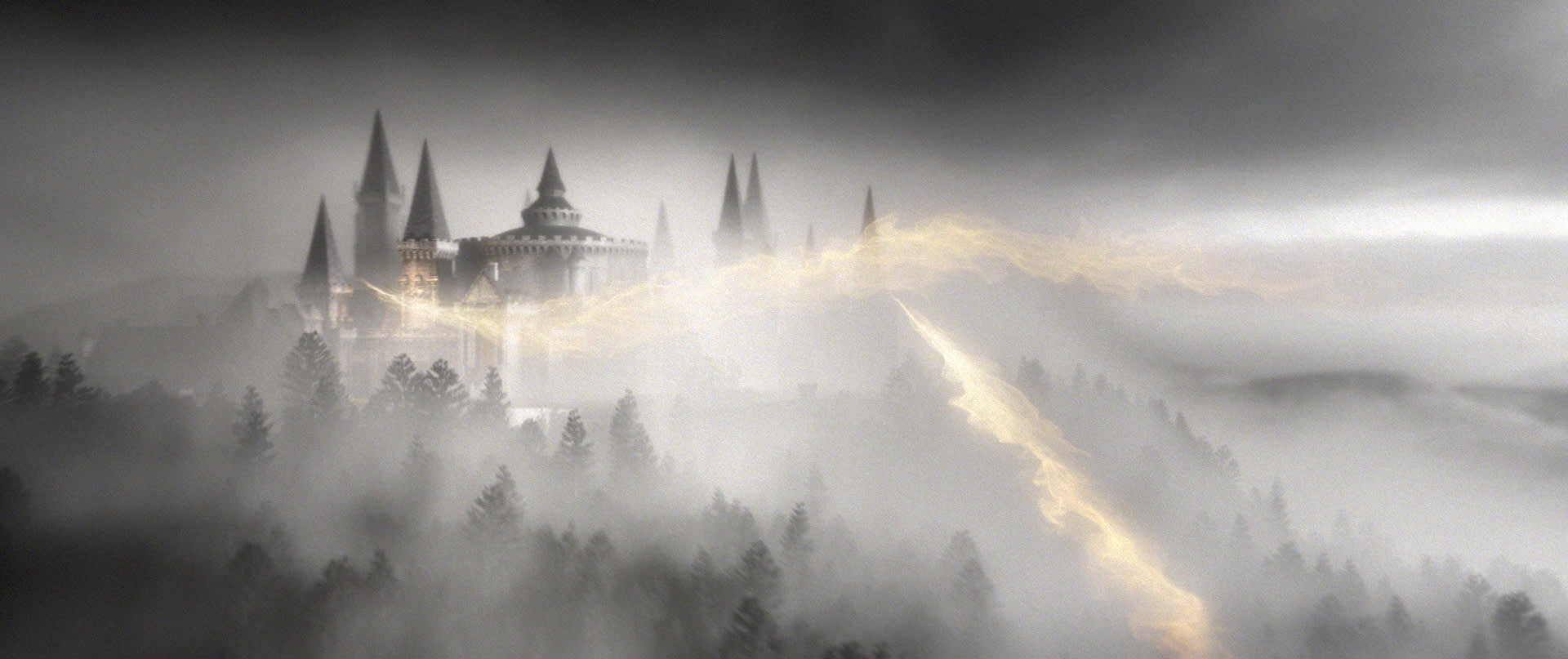This common endeavour led to no softening on MACUSA’s stance on No-Maj/wizard fraternisation, and Rappaport’s Law remained firmly in place. By the 1920s the US wizarding community had become used to existing under a greater degree of secrecy than their European counterparts and to selecting their mates strictly from within their own ranks.
The memory of Dorcus Twelvetrees’ catastrophic breach of the Statute of Secrecy had entered magical language, so that being ‘a Dorcus’ was slang for an idiot or inept person. MACUSA continued to impose severe penalties on those who flouted the International Statute of Secrecy. MACUSA was also more intolerant of such magical phenomena as ghosts, poltergeists and fantastic creatures than its European equivalents, because of the risk such beasts and spirits posed of alerting No-Majs to the existence of magic.
After the Great Sasquatch Rebellion of 1892 (for full details, see Ortiz O’Flaherty’s highly-acclaimed book Big Foot’s Last Stand), MACUSA headquarters was relocated for the fifth time in its history, moving from Washington to New York, where it remained throughout the 1920s. President of MACUSA throughout the decade was Madam Seraphina Picquery, a famously gifted witch from Savannah.
By the 1920s Ilvermorny School of Witchcraft and Wizardry had been flourishing for more than two centuries and was widely considered to be one of the greatest magical education establishments in the world. In consequence of their common education, all witches and wizards are proficient in the use of a wand.
Legislation introduced at the end of the nineteenth century meant that every member of the magical community in America was required to carry a ‘wand permit’, a measure that was intended to keep tabs on all magical activity and identify the perpetrators by their wands. Unlike Britain, where Ollivanders was considered unbeatable, the continent of North America was served by four great wandmakers.
Shikoba Wolfe, who was of Choctaw descent, was primarily famous for intricately carved wands containing Thunderbird tail feathers (the Thunderbird is a magical American bird closely related to the phoenix). Wolfe wands were generally held to be extremely powerful, though difficult to master. They were particularly prized by Transfigurers.
Johannes Jonker, a Muggle-born wizard whose No-Maj father was an accomplished cabinet maker, turned himself into an accomplished wandmaker. His wands were highly sought after and instantly recognisable, as they were usually inlaid with mother-of-pearl. After experimenting with many cores, Jonker’s preferred magical material was hair of the Wampus cat.
Thiago Quintana caused ripples through the magical world when his sleek and usually lengthy wands began entering the market, each encasing a single translucent spine from the back of the White River Monsters of Arkansas and producing spells of force and elegance. Fears about over-fishing of the monsters were assuaged when it was proven that Quintana alone knew the secret of luring them, a secret he guarded jealously until his death, at which point wands containing White River Monster spines ceased production.
Violetta Beauvais, the famous wandmaker of New Orleans, refused for many years to divulge the secret core of her wands, which were always made of swamp mayhaw wood. Eventually it was discovered that they contained hair of the rougarou, the dangerous dog-headed monster that prowled Louisiana swamps. It was often said of Beauvais wands that they took to Dark magic like vampires to blood, yet many an American wizarding hero of the 1920s went into battle armed only with a Beauvais wand, and President Picquery herself was known to possess one.
Unlike the No-Maj community of the 1920s, MACUSA allowed witches and wizards to drink alcohol. Many critics of this policy pointed out that it made witches and wizards rather conspicuous in cities full of sober No-Majs. However, in one of her rare light-hearted moments, President Picquery was heard to say that being a wizard in America was already hard enough. ‘The Gigglewater,’ as she famously told her Chief of Staff, ‘is non-negotiable.’



